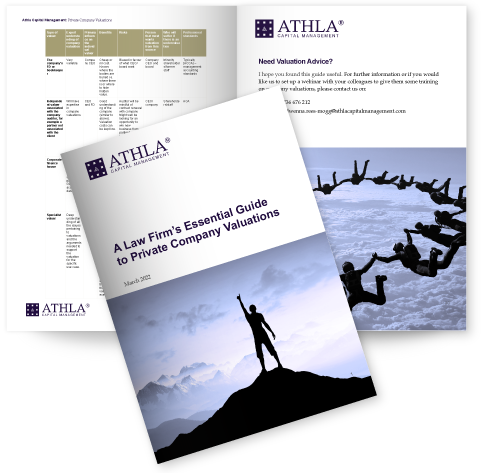Pity the poor Twitter employee
April 4, 2023

Leaked memo tells a sorry stock option story!
A leaked memo reveals their new stock option plan is based on a $20bn value for Twitter rather than the $44bn Elon Musk paid to take the company private last year.
Ouch!
You can see why, when we are valuing stock option schemes (including growth shares), we often add an impairment for risk as to value of the company in the future.
It just makes sense…
Private company values can experience dramatic rises and falls in short spaces of time. This is not just based on external factors, but also on the company’s own fundamental performance.
Indeed, Twitter has suffered a collapse in turnover and a 75% cut in the workforce.
What’s more, we are now in the down phase of the cycle for technology stocks and can expect more bad news before the market turns.
Outside this subset the picture is much more mixed…
Here in the UK the unexpected rise in inflation in February remains another concern, although I am pleased to report that many of our clients are now preparing forecasts which have been adjusted for inflation.
Andy Haldane, former chief economist of monetary analysis at the BoE, who is considered a bit of an eminence grise on the issue, was talking confidently in the media over 25/26 March, that UK inflation is expected to start falling soon.
We continue to monitor this issue closely.
The Twitter story also raised another important issue that is now becoming relevant to valuers: the rise in availability of a secondary market for trading both private company shares.
Musk is proposing in the stock option scheme that Twitter staff will be able to trade their shares every six months.
Of course, they will need to have exercised their options to gain title to the shares, so I suspect putting in place this trading facility won’t yet be urgent.
We know Asset Match well which is becoming the go to place for private company secondary trading solutions in the UK and if anyone would like an introduction please do let me know.
As valuers, we are very curious about secondary trading in private company shares. There are a number of issues to think about.
What does liquid mean?
If a company only trades twice a year, between the trading windows, what is more important to determine the price on the day of the valuation report – the price set last time the shares were traded or M&A transactions in the sector in the last two months. The nature of the secondary trade also matters.
Is it a truly open market with thousands of willing buyers and sellers, many of whom would fit HMRC’s definition of a “prudent investor”?
Or is it a very restricted market with the only buyers and sellers being existing shareholders?
Is there a spread between the bid and offer price?
Do the transaction fees make a meaningful difference?
And more…


